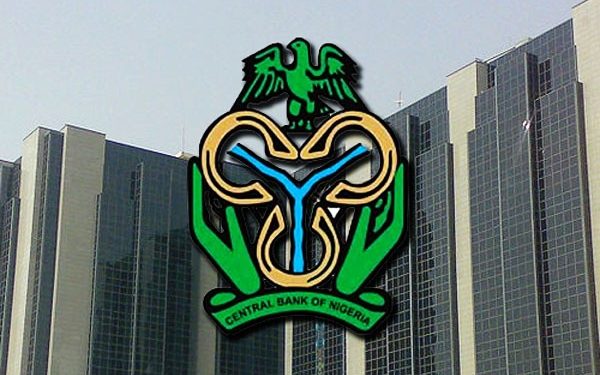Nigeria’s central bank unexpectedly raised its benchmark interest rate for the first time in six years to curb accelerating inflation and boost portfolio inflows.
The monetary policy committee voted to hike the rate by 150 basis points to 13%, Governor Godwin Emefiele said Tuesday in a televised briefing in the capital, Abuja- the first increase since July 2016.
“While it may seem contradictory to raise rates in the face of fragile growth, it is a dilemma that most central banks around the world today are grappling with at this time. On balance, it is quite clear and compelling that attacking inflation is more urgent in the sequence of policy objectives in this regard.” Godwin Emefiele Governor of the Central Bank of Nigeria.
The MPC’s decision to hike was unanimous, with six members voting to raise by 150 basis points, four by 100 basis points and one by 50 basis points. The yield on Nigeria’s 2047 Eurobonds fell almost four basis points to 11.565% after the announcement.
Nigeria’s Rising Inflation Rate
The increase comes after economic growth in Africa’s biggest economy slowed for a third consecutive quarter, expanding 3.1% in the three months through March, compared with 3.98% in the fourth quarter of 2021, according to data released by the National Bureau of Statistics. The central bank sees the economy expanding 3.24% this year, unchanged from the last MPC meeting in March.
Inflation, which hit an eight-month high of 16.8% in April, exceeding the top of the central bank’s 6% to 9% target band for almost seven years, is expected to trend upward, Emefiele said.
A separate Bloomberg survey of 13 economists projects inflation will average 15.8% this year, compared with a previous forecast of 13.9%.
While the rate increase may help prop up the naira and anchor inflation expectations, it’s likely to draw criticism from some politicians as the nation prepares to vote early next year.
Read also; Nigeria Issues $1.25 Billion Eurobond, the First Since the Russia-Ukraine War.




